Researchers have determined how to effectively measure the magnetic fields at Neptune to determine if any of the moons are ocean worlds…


Researchers have determined how to effectively measure the magnetic fields at Neptune to determine if any of the moons are ocean worlds…
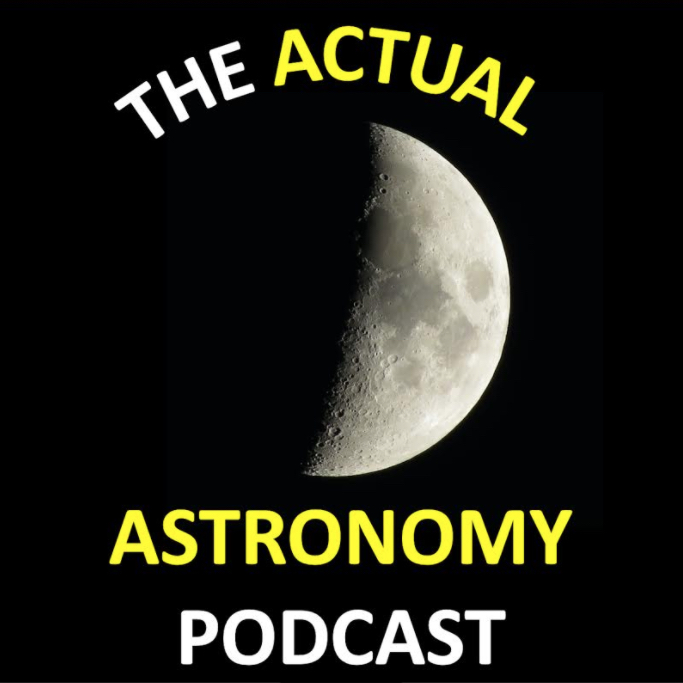
Today’s Actual Astronomy talk about how to transition to new eyepieces, finderscopes and star charts in the most seamless way. Recommendations include buying quality over quantity and used where possible.
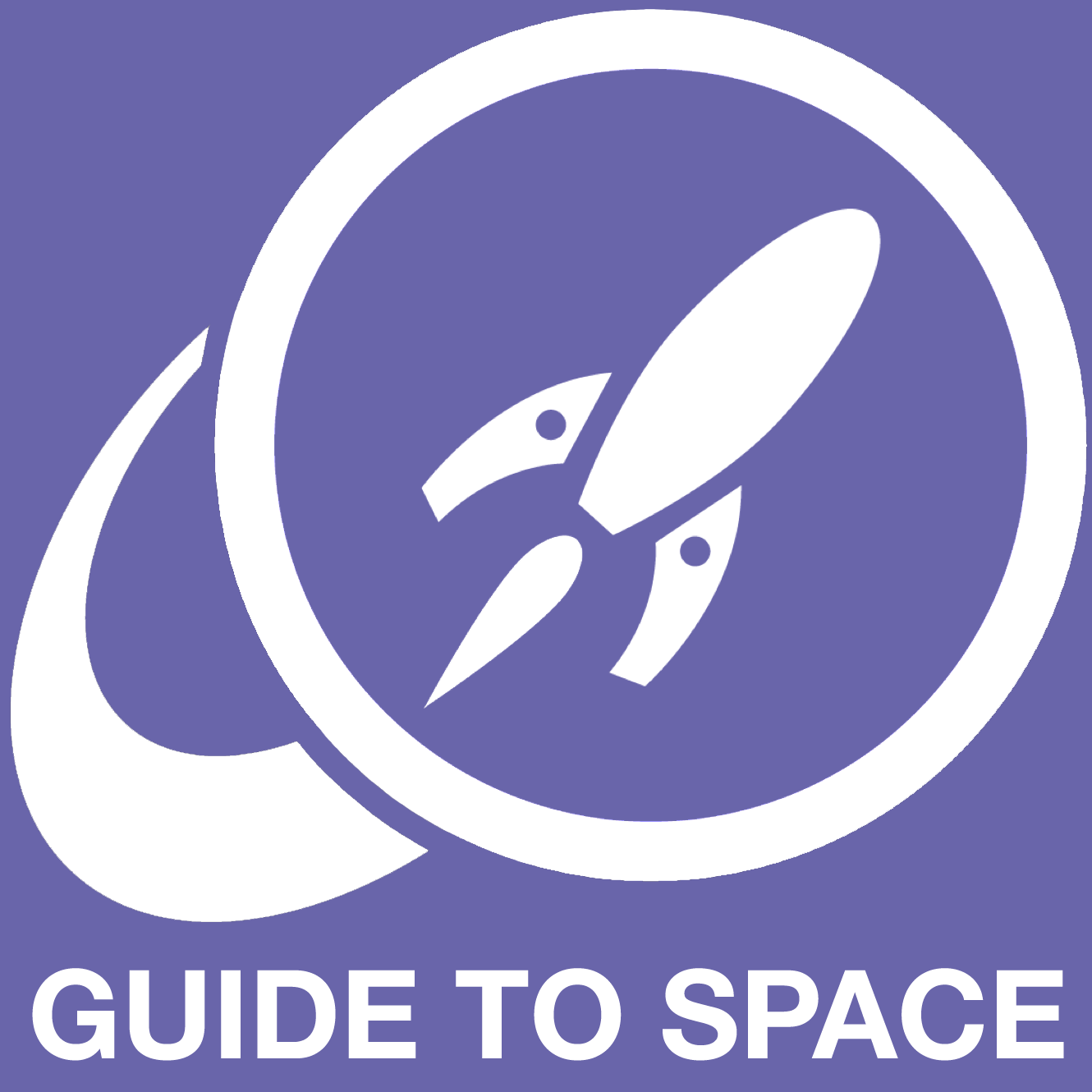
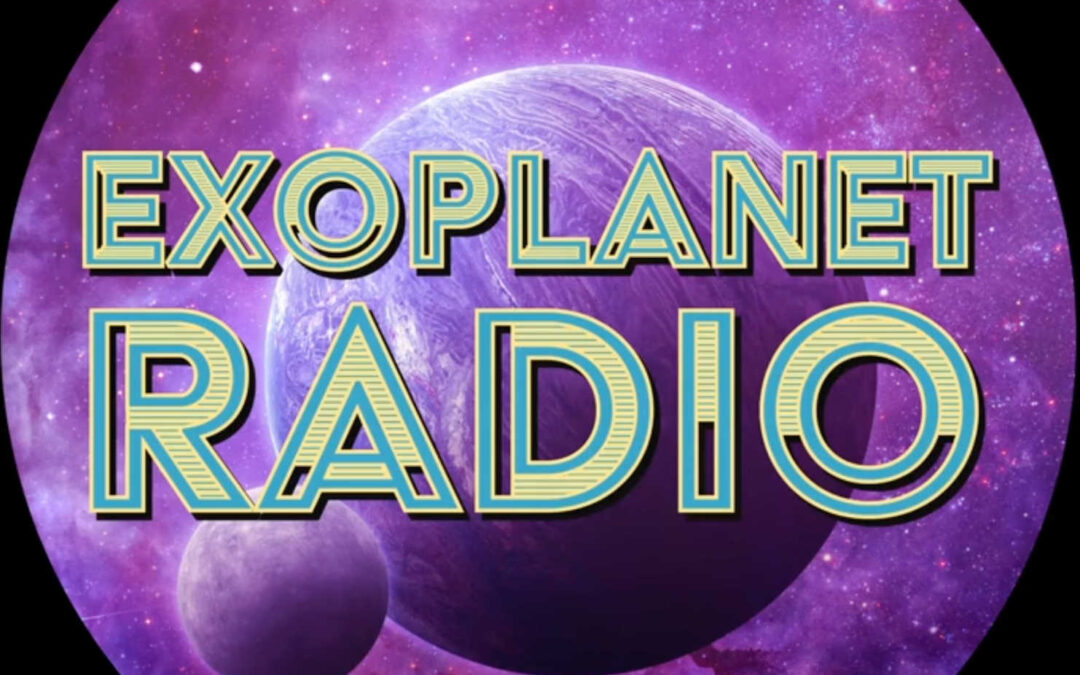
The search for life however, is a little more involved than finding planets, measuring their location and distance around the star and figuring out their location within a habitable zone.
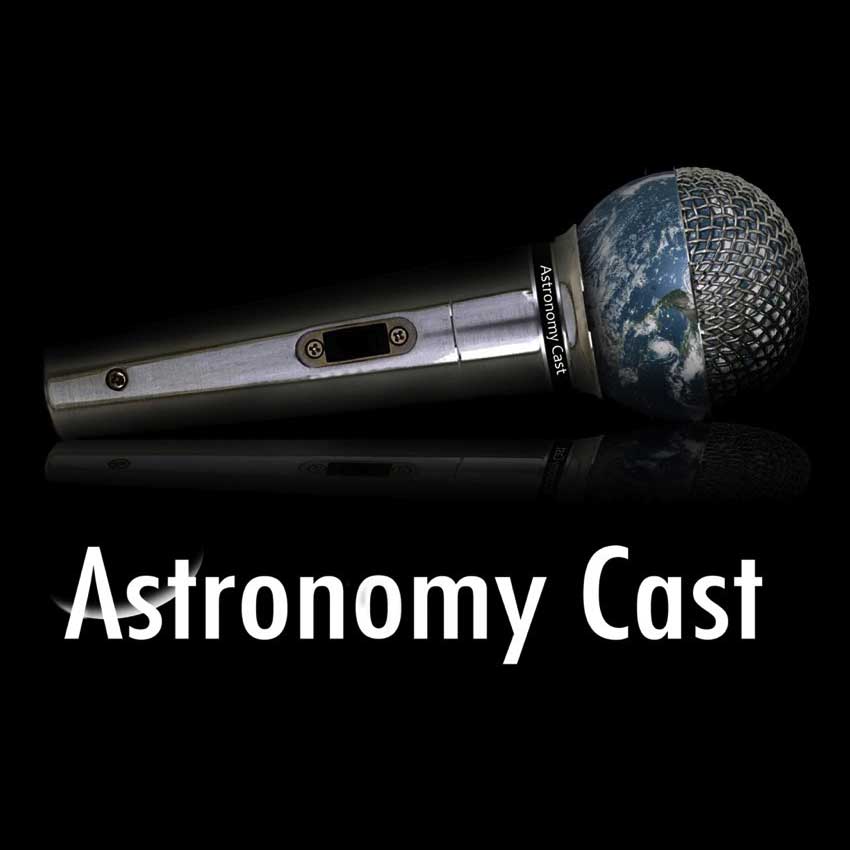
We say it all the time here on Astronomy Cast: the Universe is trying to kill us. This week, Pamela is joined by Dr. Phil Plait to discuss his new book, Death from the Skies. Phil and Pamela talk about asteroid strikes, solar flares and gamma ray bursts.
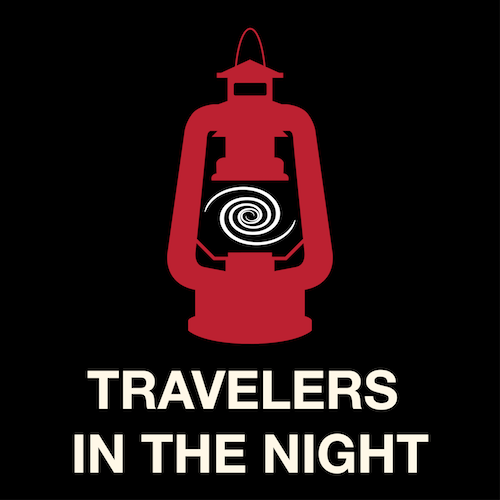
In this episode, we explore two powerful journeys. First one grounded in the sacred dark skies of New Mexico, the other reaching across billions of light-years through cutting-edge technology.
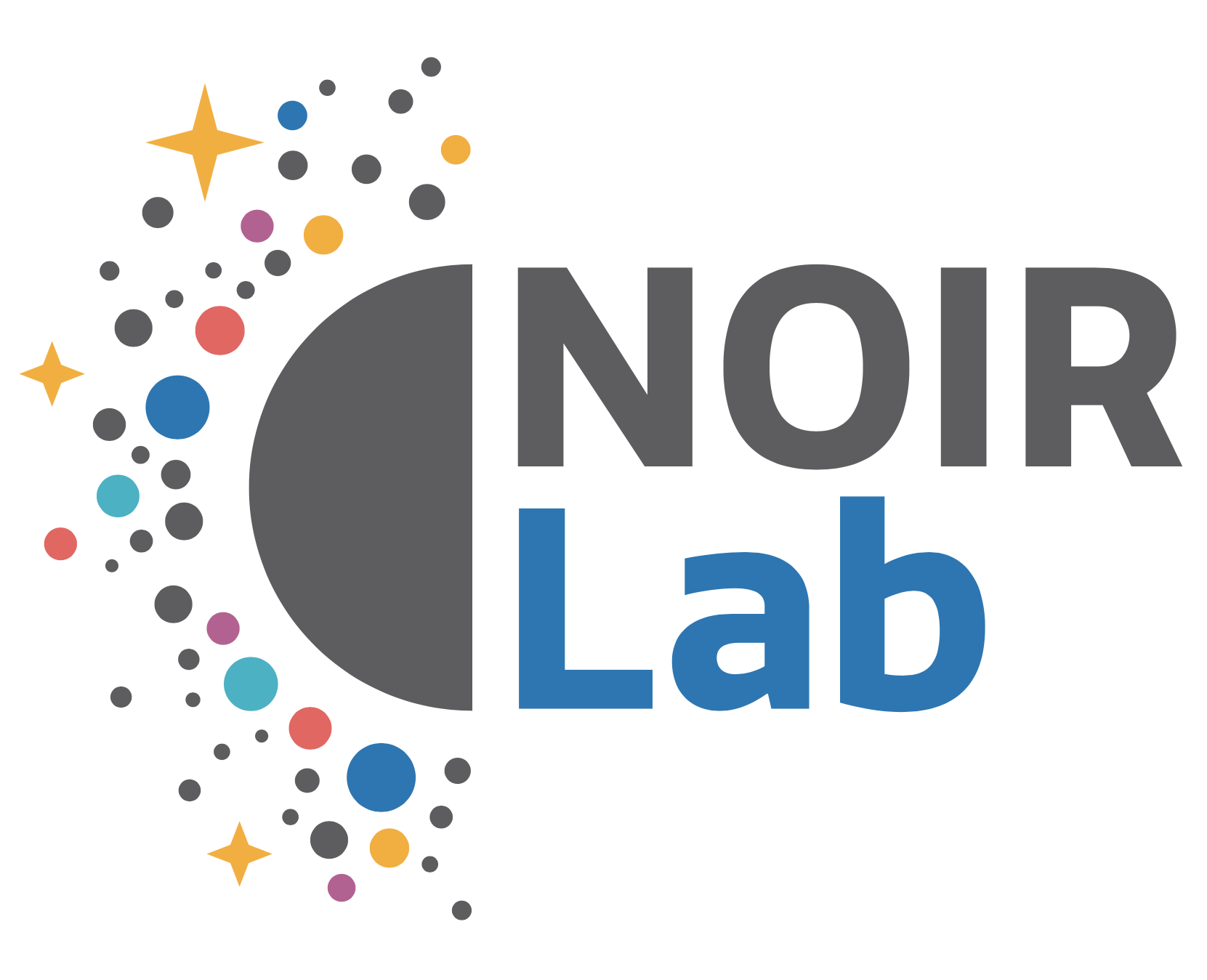
In just over 10 hours of test observations, Rubin Observatory captured millions of galaxies, Milky Way stars & thousands of asteroids.

A Mars-sized planet was found just 31 light-years away, orbiting its star every eight hours and having 55 percent the mass of the Earth, leading scientists to conclude it’s mostly made of an iron-nickel core.

The night sky isn’t still. It’s full of brief, brilliant flashes called transient objects. In this episode we explain what they are, why they matter, and how you can help chase them!

Some comets orbit the Sun on a regular basis, but others come in from deep space, a region known as the Oort Cloud. What causes them to make this journey, and will we ever be able to explore the Oort Cloud?